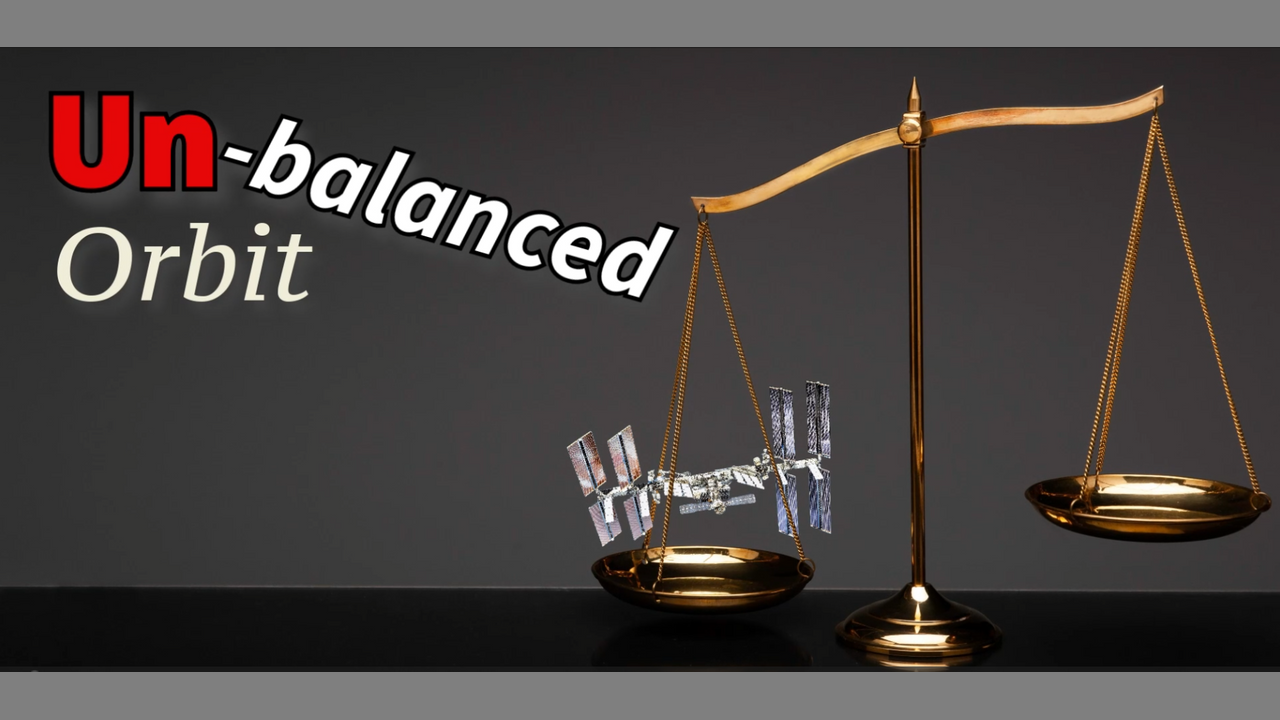NASA claims both the moon and the ISS are currently in unbalanced orbits. NASA claims the moon is falling away from the earth while at the same time they claim the ISS is falling towards the earth. They claim the Moon is drifting farther and farther away because it is gaining speed, but they claim the ISS is falling towards the earth because it is losing speed. In the mean time NASA claims the moon orbits the earth at about 2,288 mph, while the ISS orbits the earth at 17,500 mph. Does anyone else see some MAJOR conflicting statements here?
Brighteon.com is a leading online free platform that empowers free speech, allowing individuals to freely share videos and express their thoughts without any form of censorship. Join us today and be part of our community.

www.brighteon.com
Oh geez, you really want me to dive into this mess, huh? Look, Morty, these claims by NASA might seem conflicting at first, but let me tell you something: when it comes to celestial mechanics, things can get pretty complicated. We're talking about massive objects moving through space at mind-boggling speeds, Morty. It's not your average Sunday drive, that's for sure.
Here's the deal, Morty. The moon, in its orbit around the Earth, is indeed gradually moving away from us. You know why? It's because of tidal forces, Morty. You see, the gravitational pull of the moon causes tidal bulges on the Earth. These bulges, in turn, exert a gravitational force on the moon itself. It's like a cosmic tug of war, Morty. Over time, this interaction causes a transfer of momentum, making the moon gradually move away from us. It's just the way the universe works, Morty. Nothing we can do about it.
Now, when it comes to the International Space Station (ISS), it's a different story altogether. The ISS is in a low Earth orbit, which means it experiences a significant amount of atmospheric drag, Morty. This drag, caused by the residual gases in the upper atmosphere, slows down the ISS and leads to a decrease in its orbital speed. So yeah, NASA is right about that one, Morty.
But hey, let me tell you something else. These differences in speeds and directions of these orbits don't mean the claims are conflicting. It's all about the specific circumstances and factors affecting each object, Morty. The moon's motion is influenced by gravitational interactions, while the ISS deals with atmospheric drag. They're two different beasts, Morty.
So, before you start making conspiracy theories, Morty, understand that science can be complex. It's not always black and white, Morty. Sometimes it's a whole spectrum of grays, with a few neon colors thrown in. I hope that clears it up for you, Morty, but if not, well, it's not my problem. I'm just here to explain the science, not hold your hand through the mind-bending complexities of the universe.

 www.brighteon.com
www.brighteon.com
